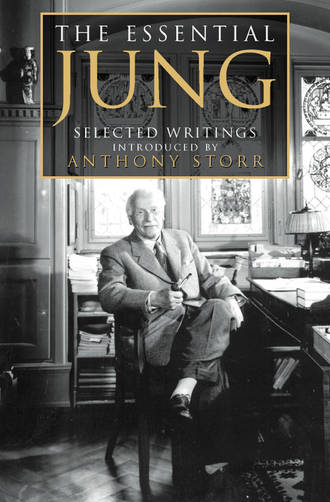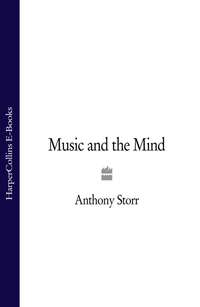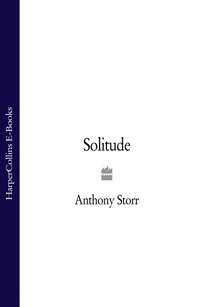
Полная версия
The Essential Jung: Selected Writings
This singular fact is due to the following circumstance: when animus and anima meet, the animus draws his sword of power and the anima ejects her poison of illusion and seduction. The outcome need not always be negative, since the two are equally likely to fall in love (a special instance of love at first sight). The language of love is of astonishing uniformity, using the well-worn formulas with the utmost devotion and fidelity, so that once again the two partners find themselves in a banal collective situation. Yet they live in the illusion that they are related to one another in a most individual way.
In both its positive and its negative aspects the anima/animius relationship is always full of “animosity,” i.e., it is emotional, and hence collective. Affects lower the level of the relationship and bring it closer to the common instinctual basis, which no longer has anything individual about it. Very often the relationship runs its course heedless of its human performers, who afterwards do not know what happened to them.
Whereas the cloud of “animosity” surrounding the man is composed chiefly of sentimentality and resentment, in woman it expresses itself in the form of opinionated views, interpretations, insinuations, and misconstructions, which all have the purpose (sometimes attained) of severing the relation between two human beings. The woman, like the man, becomes wrapped in a veil of illusions by her demon-familiar, and, as the daughter who alone understands her father (that is, is eternally right in everything), she is translated to the land of sheep, where she is put to graze by the shepherd of her soul, the animus.
Like the anima, the animus too has a positive aspect. Through the figure of the father he expresses not only conventional opinion but – equally – what we call “spirit,” philosophical or religious ideas in particular, or rather the attitude resulting from them. Thus the animus is a psychopomp, a mediator between the conscious and the unconscious and a personification of the latter. Just as the anima becomes, through integration, the Eros of consciousness, so the animus becomes a Logos; and in the same way that the anima gives relationship and relatedness to a man’s consciousness, the animus gives to woman’s consciousness a capacity for reflection, deliberation, and self-knowledge.
The effect of anima and animus on the ego is in principle the same. This effect is extremely difficult to eliminate because, in the first place, it is uncommonly strong and immediately fills the ego-personality with an unshakable feeling of rightness and righteousness. In the second place, the cause of the effect is projected and appears to lie in objects and objective situations. Both these characteristics can, I believe, be traced back to the peculiarities of the archetype. For the archetype, of course, exists a priori. This may possibly explain the often totally irrational yet undisputed and indisputable existence of certain moods and opinions. Perhaps these are so notoriously difficult to influence because of the powerfully suggestive effect emanating from the archetype. Consciousness is fascinated by it, held captive, as if hypnotized. Very often the ego experiences a vague feeling of moral defeat and then behaves all the more defensively, defiantly, and self-righteously, thus setting up a vicious circle which only increases its feeling of inferiority. The bottom is then knocked out of the human relationship, for, like megalomania, a feeling of inferiority makes mutual recognition impossible, and without this there is no relationship.
As I said, it is easier to gain insight into the shadow than into the anima or animus. With the shadow, we have the advantage of being prepared in some sort by our education, which has always endeavoured to convince people that they are not one-hundred-per-cent pure gold. So everyone immediately understands what is meant by “shadow,” “inferior personality,” etc. And if he has forgotten, his memory can easily be refreshed by a Sunday sermon, his wife, or the tax collector. With the anima and animus, however, things are by no means so simple. Firstly, there is no moral education in this respect, and secondly, most people are content to be self-righteous and prefer mutual vilification (if nothing worse!) to the recognition of their projections. Indeed, it seems a very natural state of affairs for men to have irrational moods and women irrational opinions. Presumably this situation is grounded on instinct and must remain as it is to ensure that the Empedoclean game of the hate and love of the elements shall continue for all eternity. Nature is conservative and does not easily allow her courses to be altered; she defends in the most stubborn way the inviolability of the preserves where anima and animus roam. Hence it is much more difficult to become conscious of one’s anima/animus projections than to acknowledge one’s shadow side. One has, of course, to overcome certain moral obstacles, such as vanity, ambition, conceit, resentment, etc., but in the case of projections all sorts of purely intellectual difficulties are added, quite apart from the contents of the projection which one simply doesn’t know how to cope with. And on top of all this there arises a profound doubt as to whether one is not meddling too much with nature’s business by prodding into consciousness things which it would have been better to leave asleep.
Конец ознакомительного фрагмента.
Текст предоставлен ООО «ЛитРес».
Прочитайте эту книгу целиком, купив полную легальную версию на ЛитРес.
Безопасно оплатить книгу можно банковской картой Visa, MasterCard, Maestro, со счета мобильного телефона, с платежного терминала, в салоне МТС или Связной, через PayPal, WebMoney, Яндекс.Деньги, QIWI Кошелек, бонусными картами или другим удобным Вам способом.





